
Planetary systems, a key to training tomorrow's engineers
Anne Monnier, formerly a renewable energy engineer and now a neuroscientist, heads the INTEGRATE Chair at Télécom SudParis. She explains the importance of global systems in the training of engineers at Télécom SudParis.
Why is global systems integrated into engineering training from the first year?
Anne Monnier: The idea is to transform the curriculum as a whole, and to do that we need to lay the foundations right from the start. Addressing environmental issues solely through climate orCO2 means tackling the symptoms rather than the causes. The systems approach enables us to understand the workings of the Earth system from a geo-biophysical point of view, considering interconnections and complexity. Even if we don't care about ecology, the disruption of the geo-biophysical system impacts us all. It's essential to tackle this complexity from the very first year, even if it can be difficult to assimilate at the beginning of the curriculum. This approach allows us to focus on the intrinsic sustainability of technologies beyond ecological issues.
What are the teaching objectives of this module?
Anne Monnier: There are three main objectives.
(1) First of all, to lay the foundations for understanding that the engineering profession is not purely technical. Historically, engineers have been taught to solve problems in a closed system, whereas in reality, everything is interconnected. It's crucial to be aware of the impact of our designs and industry on the earth system as a whole.
(2) Another objective is to make people understand that the problem is not carbon, but the principle of extractivism and the consideration of resources. To raise awareness of the fundamental need to think in terms of power, not just energy. For it is the power available through fossil fuels that enables the extractivism of mineral resources and the massive use of these materials;
(3) Finally, this module is interdisciplinary, and aims to develop skills in controversy and debate, by building scientific arguments in the face of misinformation. It also raises the central question of the "why" of technological innovation.
What teaching tools or approaches do you use to help students understand these interactions?
Anne Monnier: We use a combination of participative lectures, quizzes and an interdisciplinary textbook. We alternate with tutorials and practical exercises, using simulation software to calculate carbon footprints, for example. We also organize debates, first building the argument, then learning to listen to the other side. This year, we have introduced cross-readings, where students are asked to read and view scientific and non-scientific material for debate. A practical assignment called "Fil rouge" is based on the fictitious case of a digital company, applying a climate change adaptation methodology, as well as a mitigation approach through carbon footprinting and emissions reduction. We also offer debates such as"What strategic gamble for France: Banking on green growth or preparing for degrowth?" or"What French engineering for technological innovation constrained by global borders?".
How can planetary systems help future engineers tackle issues such as climate change and resource management?
Anne Monnier: It allows us to get to the root of the problem, by tackling the causes rather than the consequences. Without a systemic vision, engineers design solutions that claim to be "green" but fail to take into account all the impacts, particularly the social uses directly linked to the rebound effects of technologies. We teach them how to map dependencies and direct and indirect impacts, for a more global and clearer vision. Our aim is to teach them to recognize false levers and "false good ideas". This approach avoids falling into technosolutionism when designing new technologies.
How does this module fit in with the other digital and technological innovation courses in the program?
Anne Monnier: This module is our basic building block, so that we don't come at things from the wrong angle. In the second year, it is linked to a module on the energy consumption of digital technology and to the "IMAGIN" week, which focuses on the socio-technical object, rooted in our territories. Students can then build on this first-year module to understand that the problems to be solved are complex but above all social, and that it is often necessary to take the time to properly reformulate a problem with a more systemic vision to be able to build more relevant solutions.
Do students work on real cases or collaborate with outside partners?
Anne Monnier: Yes, we work on real-life cases, particularly on the gap between media coverage and scientific knowledge. The case study of a digital company enables students to analyze the climate risks weighing on the company's activity; to formulate summaries of operational impacts, and to propose a strategy for mitigating greenhouse gas emissions.
What's the feedback from students?
Anne Monnier: Students tend to be good listeners and receptive, but every year we try to reduce the number of lectures in favor of more practical work. We also notice that students often want ready-made solutions. They find it hard to accept that there is no single solution and that everything depends on context. It's a frustration and a mourning of the engineer's omnipotence to solve the technical problems given to him. They need to realize that a great deal of scientific and technical research needs to be carried out on these issues. This invites them to take part in this research if they so wish.
What message would you like to pass on to future candidates about the importance of this training in their engineering career?
Anne Monnier: Come on! We don't do greenwashing. This course is probably not what you want to hear: it's a course that shakes things up, I often call it "exercising lucidity"; it has the advantage of being a unique approach, broader than conventional courses on climate.
This global systems module is therefore an essential foundation for training engineers who are aware of the issues at stake and capable of contributing to an ecological and social transition.
This interdisciplinary first-year core course has been co-constructed and is taught each year by Jose Halloy, Professor of Physics and Sustainability Sciences at the University of Paris, Camille André, a development economist with extensive field experience on the African continent, and Harald Lhomme, an engineer by training and IMT Albi alumni and climate strategy consultant.
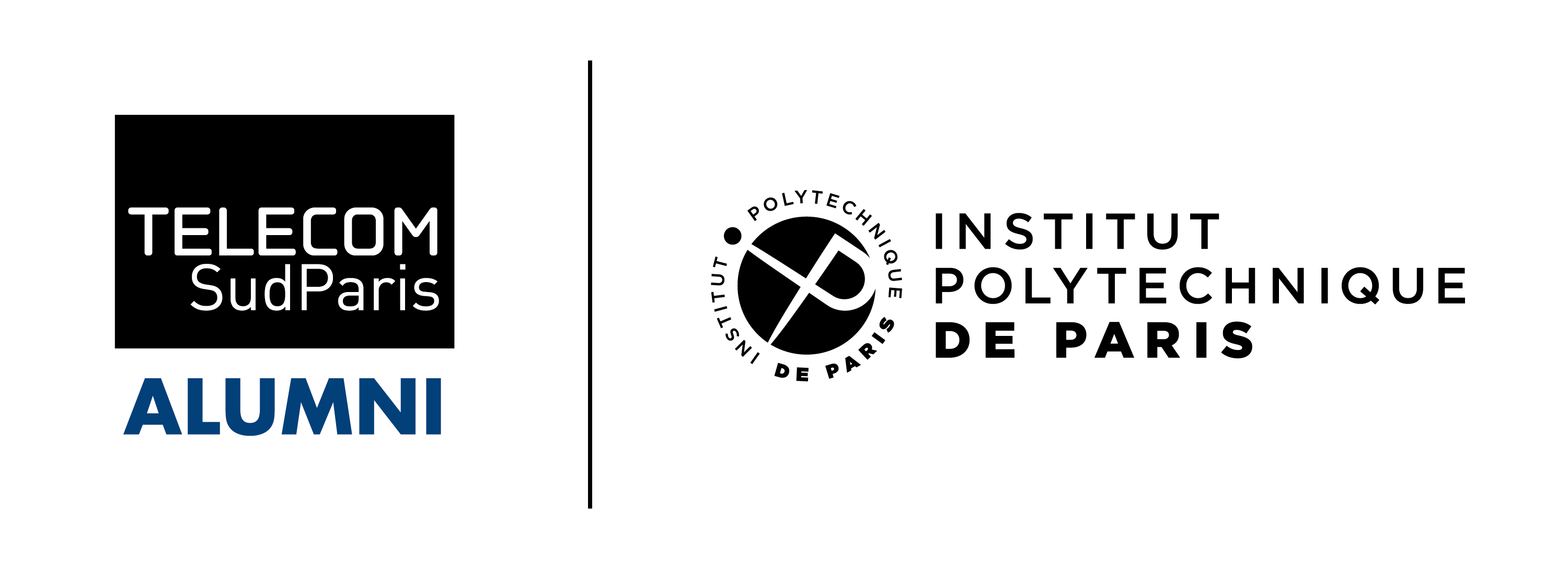

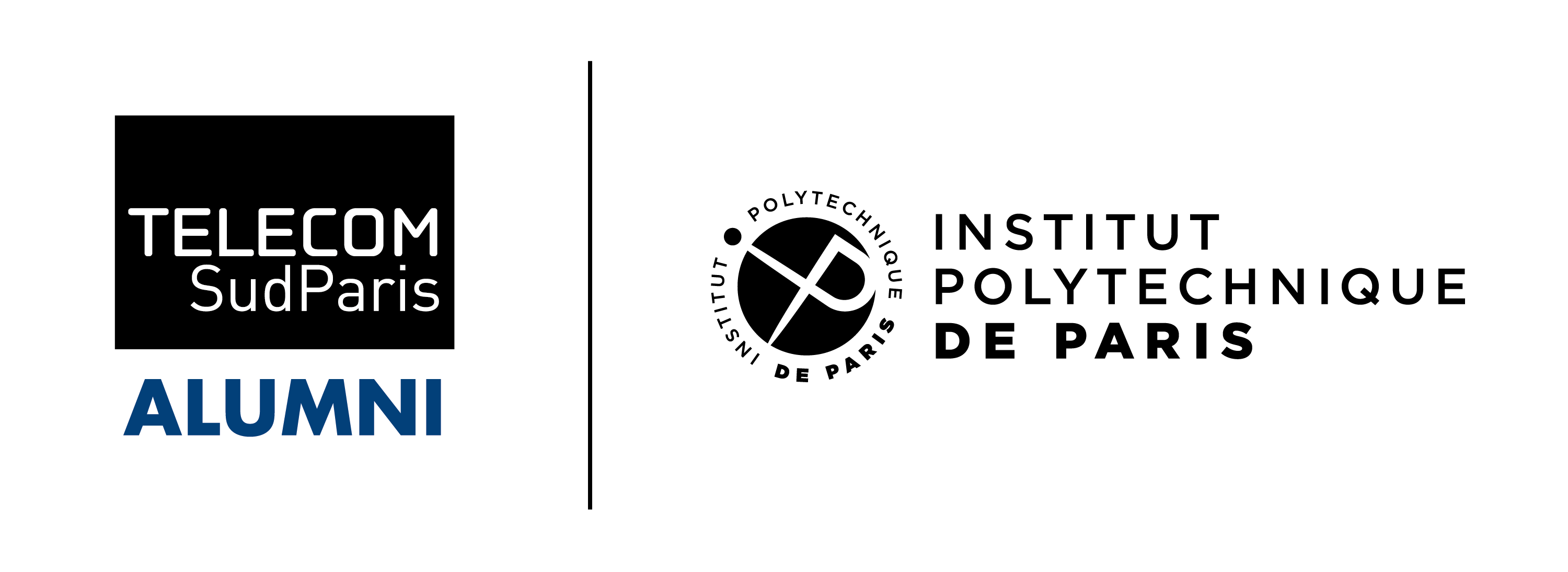







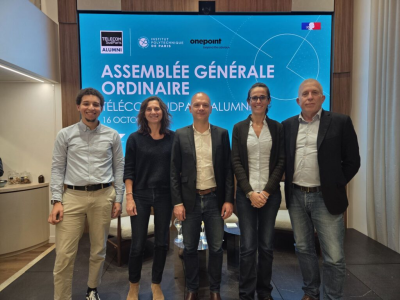
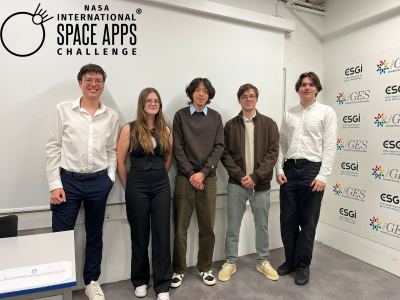
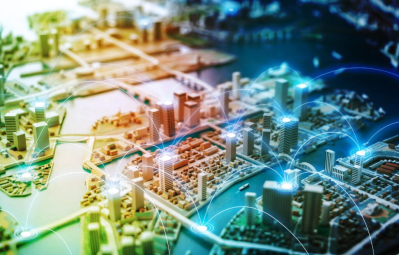
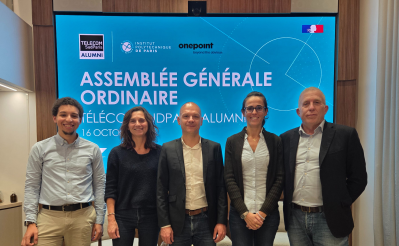


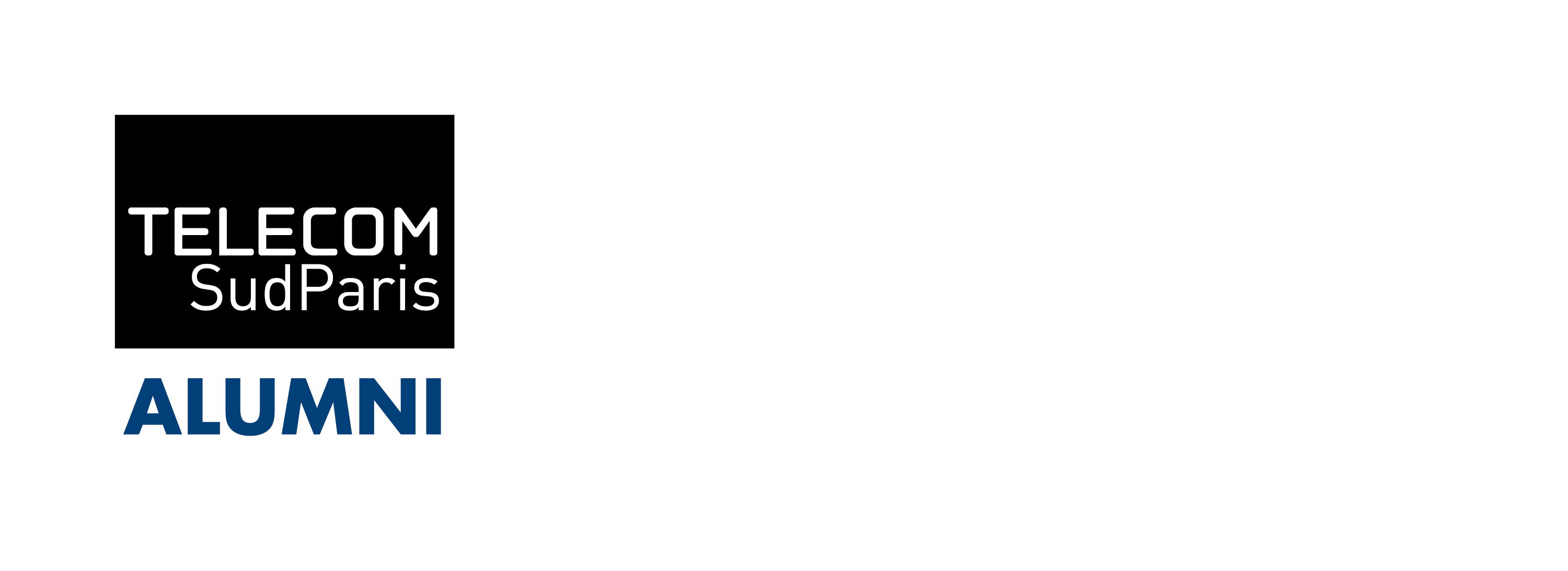
No comment
Log in to post comment. Log in.